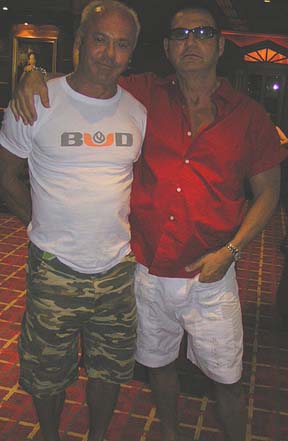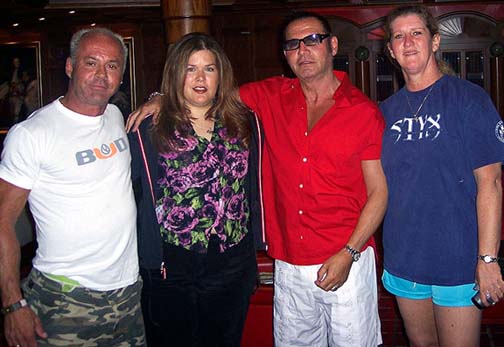 |
 |
Women, Girls, HIV and AIDS is the theme of the 2004 World AIDS day. Around the world there are many different ways in which HIV and AIDS affect women . Among them are : * Transmission. HIV/AIDS has been thought of in the past as a disease mainly affecting gay men or drug users. In fact, in 2004, most HIV infections come from heterosexual sex. And in heterosexual sex, women are more likely to become infected than are men. * Mother to child transmission of HIV accounted for 90% of all babies infected in 2003. A drug is cheaply available to greatly reduce the chances of this occurring, but it fails to be provided to many women around the world. HIV can also be transmitted by breast milk, which is easily substituted for artificial alternatives – also, often unavailable. * Sexual violence is an issue affecting women everywhere in the world. It can be even more damaging when it involves the transmission, sometimes deliberate, of HIV. A new and alarming phenomenon that has been seen in the past decade is the use of HIV as a weapon of war. In conflict areas such as Rwanda and Kosovo there have been reports of thousands of women being raped and purposely infected with HIV as part of a campaign of 'ethnic cleansing'. * Discrimination is an issue which has affected women for many decades. It can impact on their job prospects, their economic and social position, their access to healthcare and education. Women who have HIV may experience discrimination on two fronts, and if the healthcare services discriminate against them, their lives can be shortened as a result. * Men are the most common route of HIV transmission to women. In fact, most women infected with HIV have caught the virus from a husband or partner. In order for HIV to be effectively tackled on an international level, efforts need to be made to * End the discrimination against people with HIV and AIDS. * Educate people in safer sex and drug use, using appropriate media. * Provide condoms freely to people in the developing world. * Provide financial and medical assistance so that people with HIV and AIDS can be treated. Started in 1988, World AIDS Day is not just about raising money, but also about raising awareness, education and fighting prejudice. World AIDS Day is also important in reminding people that HIV has not gone away, and that there are many things still to be done. |
| World AIDS Day |
| December 1st, 2004 |
| While aboard the cruise ship, Chuck and Tim took some time to hold an informal discussion about Women and HIV on World AIDS Day. Joining them in conversation are Julie, Judy, Terri, Tami, Cindy Lisa and Dave. |
 |
 |
 |
 |